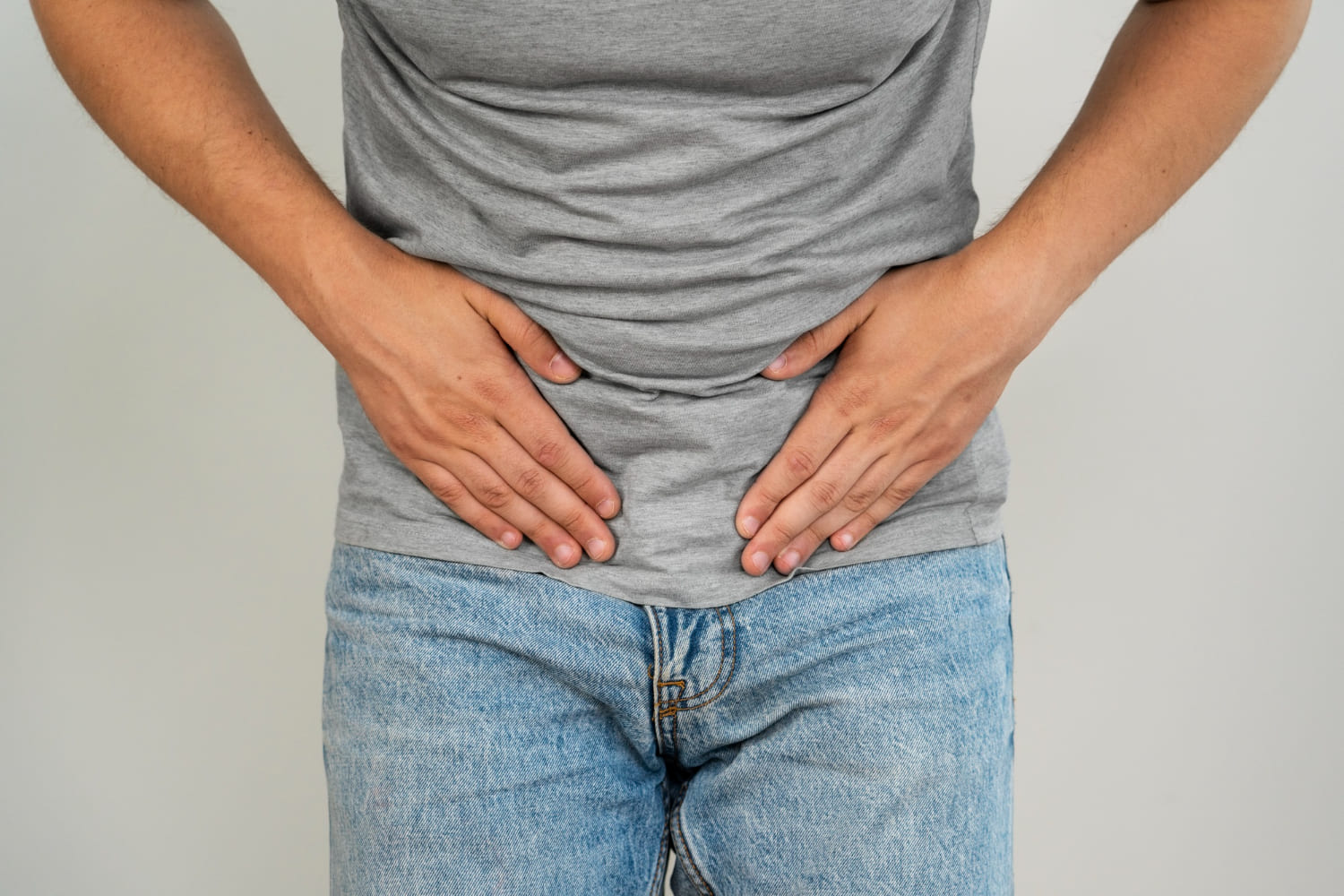Understanding and Treating Anal Abscess Naturally
An anal abscess, also known as a perianal abscess, is a painful collection of pus near the anus. This condition often arises due to a blocked and infected anal gland, but can also be caused by an infected anal fissure or a sexually transmitted infection. While dealing with recurrent anal abscesses can be challenging, natural medicines like Myristica, Silicea, and Hepar Sulph are highly effective homeopathic treatments.
Homeopathic Solutions for Anal Abscess
Several risk factors increase the likelihood of developing an anal abscess, including diabetes, colitis, inflammatory bowel disease (IBD) like Crohn’s disease and ulcerative colitis, anal sex, use of medications like prednisone, weak immune systems, diarrhea, constipation, and diverticulitis.
Homeopathy offers a potent and non-surgical approach to treating anal abscesses. These natural remedies can alleviate pain, accelerate pus formation, and promote its discharge, leading to a quicker recovery.
1. Myristica – Powerful Natural Treatment for Anal Abscess Myristica, derived from the Myristica Sebifera plant, is a leading homeopathic remedy for anal abscesses. It speeds up the healing process by promoting quicker pus formation and discharge. It is also highly effective for treating anal fistulas.
2. Silicea – For Effective Pus Discharge Silicea is ideal for cases where there is significant pus discharge. It helps clear out the abscess efficiently, even when the pus is foul-smelling. Additionally, it treats any hardness left behind after the abscess heals and is effective for anal fistulas with offensive pus discharge.
3. Hepar Sulph – For Painful and Tender Abscesses Hepar Sulph is particularly useful for painful, tender abscesses with throbbing, stabbing, or splinter-like pains. It is also effective when fever with chills accompanies the abscess, reducing pain and accelerating pus formation.
4. Calcarea Sulph – For Thick Yellow Pus Discharge Calcarea Sulph treats abscesses with thick, lumpy, yellow pus, sometimes tinged with blood. It is effective for both acute and recurrent abscesses.
5. Belladonna – For Early-Stage Abscesses Belladonna, made from the Deadly Nightshade plant, is used in the early stages of an abscess when there is intense redness, heat, and inflammation. It alleviates throbbing pain and reduces swelling.
6. Causticum – For Large, Painful Boils Causticum is recommended for large, painful boils near the anus that discharge pus, blood, and serum. It also treats itching around the anus and anal fistulas with pain and pulsation in the perineum.
7. Merc Sol – For Foul Pus Discharge Merc Sol is effective for abscesses with thin, greenish pus discharge that is putrid and acrid. It is particularly useful for patients with a history of colitis.
8. Calcarea Phos – For Pus and Blood Discharge Calcarea Phos treats abscesses that discharge both pus and blood, often accompanied by shooting, stitching, throbbing, and burning pains, particularly in the morning.
9. Paeonia – For Abscesses with Itching Paeonia, made from the Paeonia Officinalis plant, is highly effective for abscesses with itching and offensive fluid discharge. It also addresses burning and pain that worsens when sitting or passing stool, and can treat associated anal fissures.
10. Sulphur – For Recurrent Abscesses Sulphur is beneficial for individuals prone to recurrent anal abscesses. It addresses itching and burning in the abscess, preventing its recurrence.
Symptoms of Anal Abscess
An anal abscess typically presents as a painful swelling or lump near the anus that is red, warm, and tender to touch. The pain is often throbbing and worsens while sitting or passing stool. Pus discharge and fever due to infection are common, and constipation may also occur. Approximately 50% of cases may develop into an anal fistula.
Conclusion
Homeopathic remedies offer an effective and non-invasive solution for treating anal abscesses. By addressing the root causes and promoting natural healing, these treatments can prevent the need for surgery and reduce the likelihood of recurrence.




